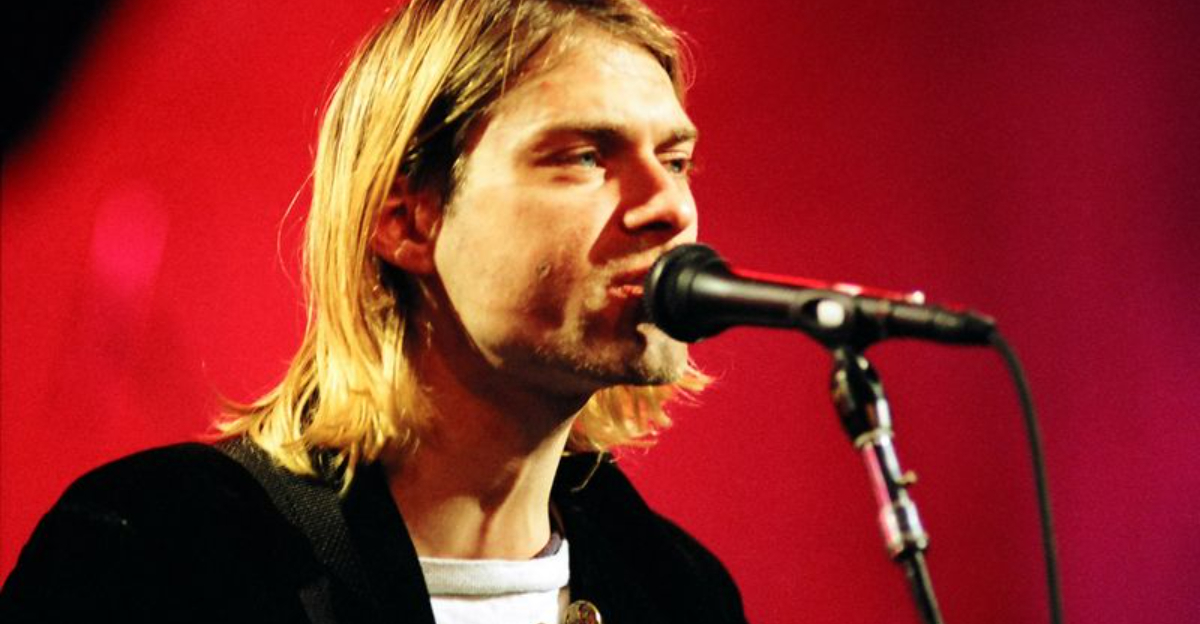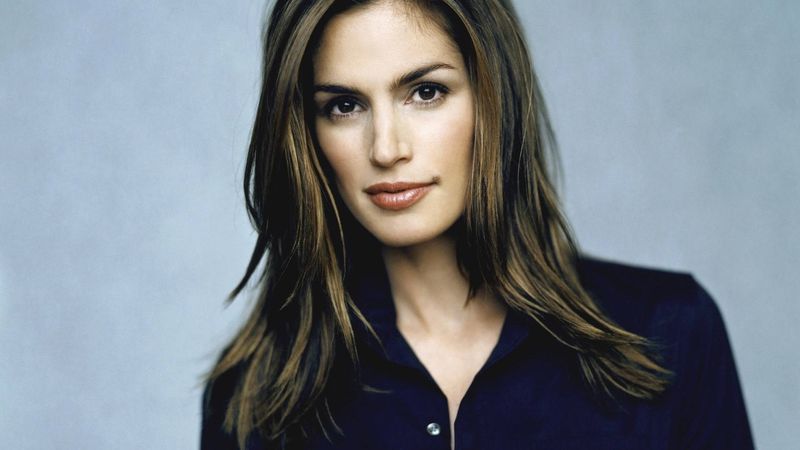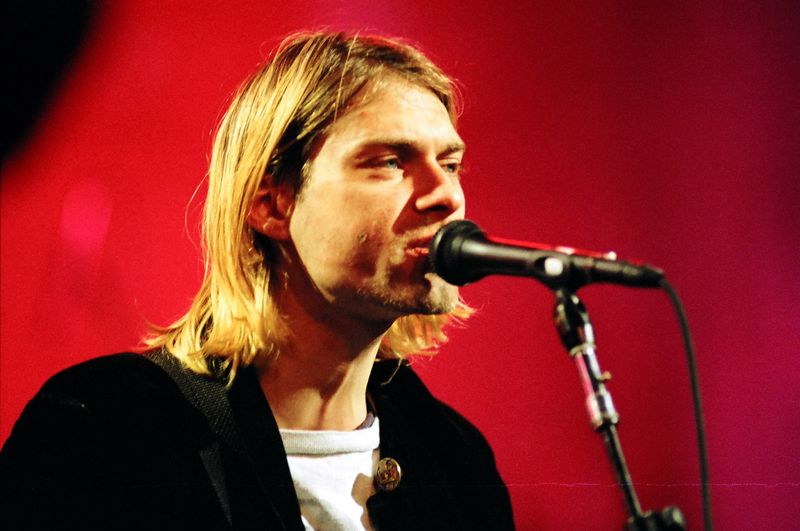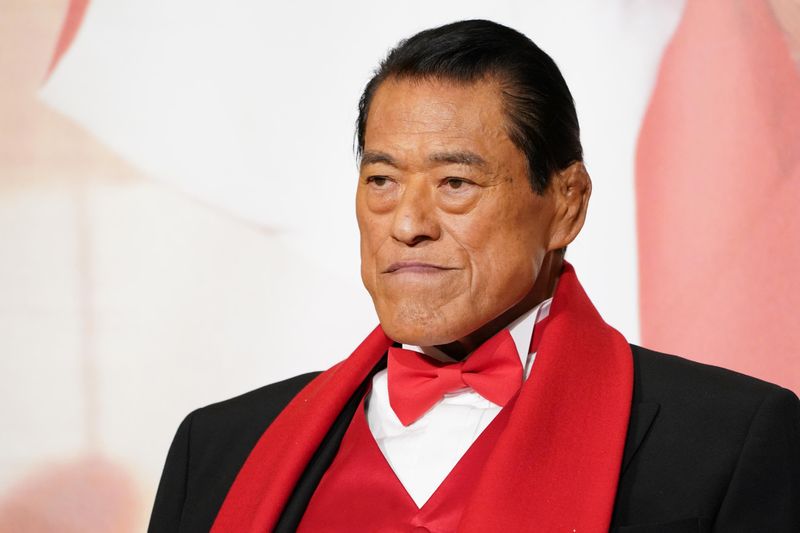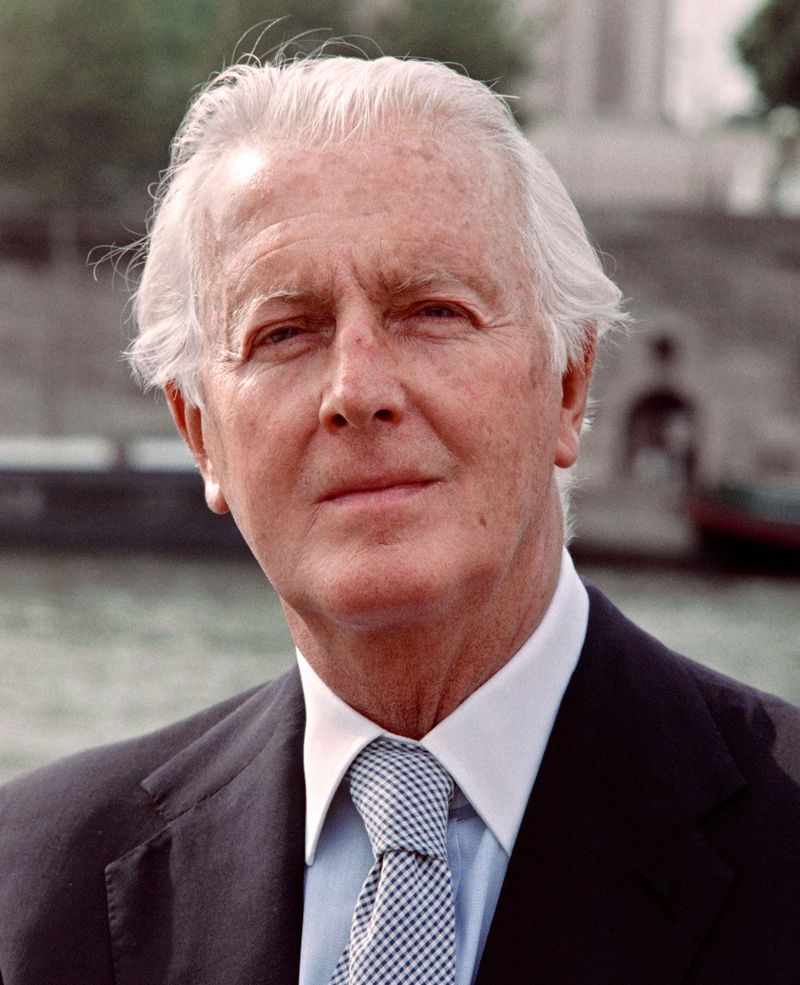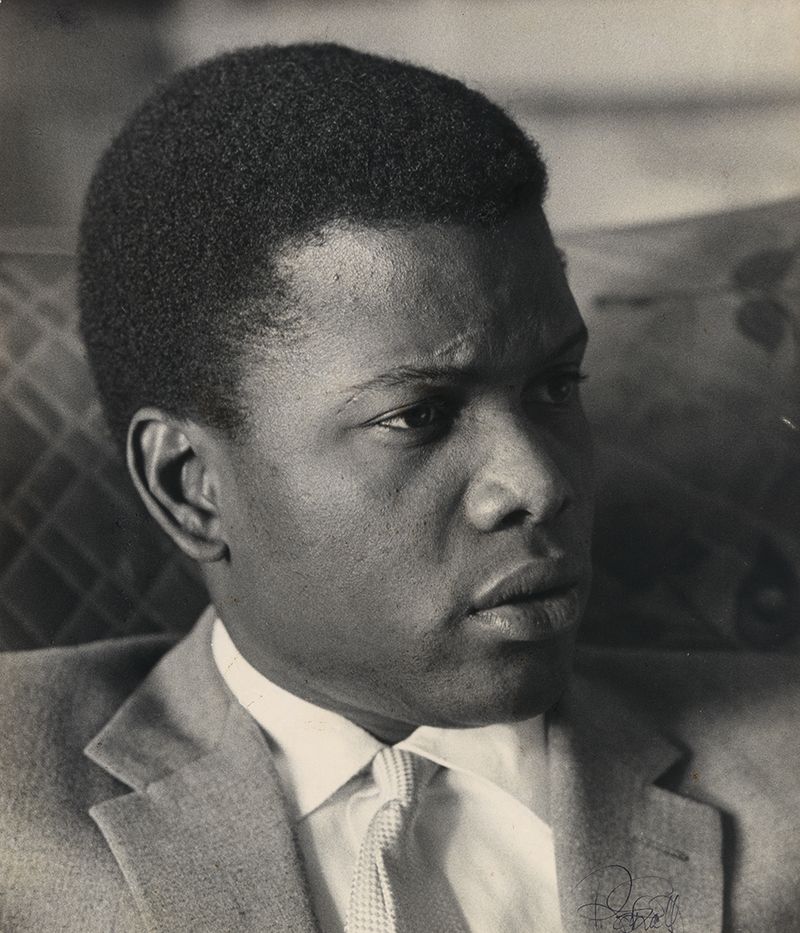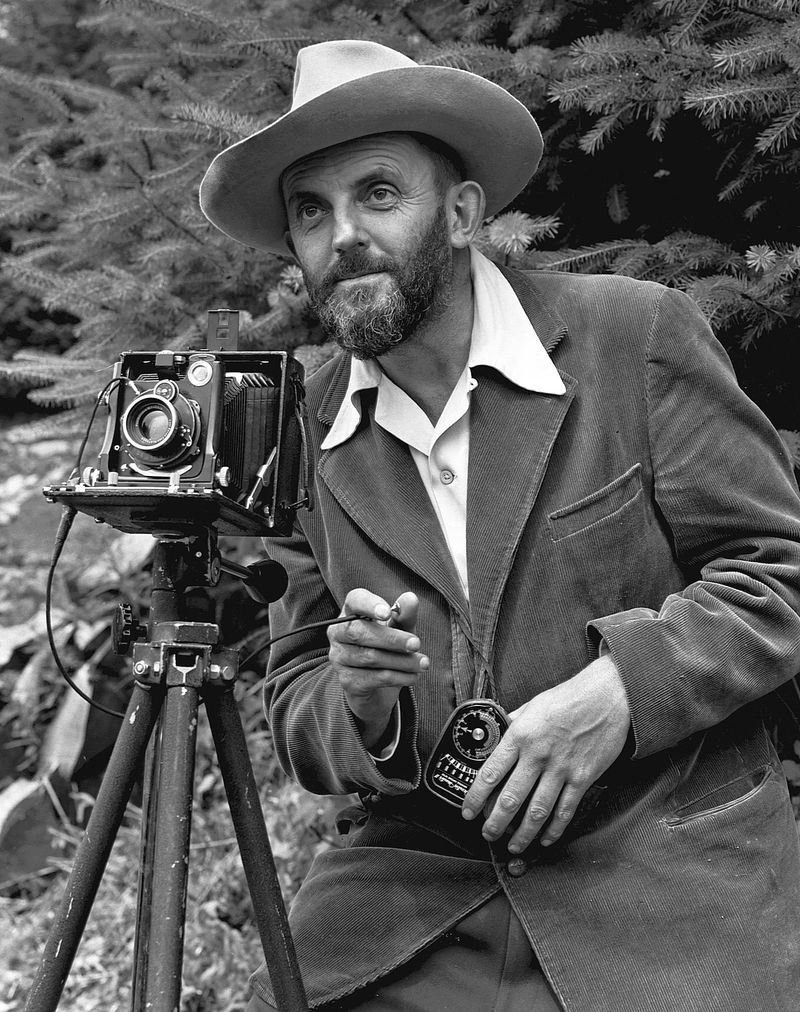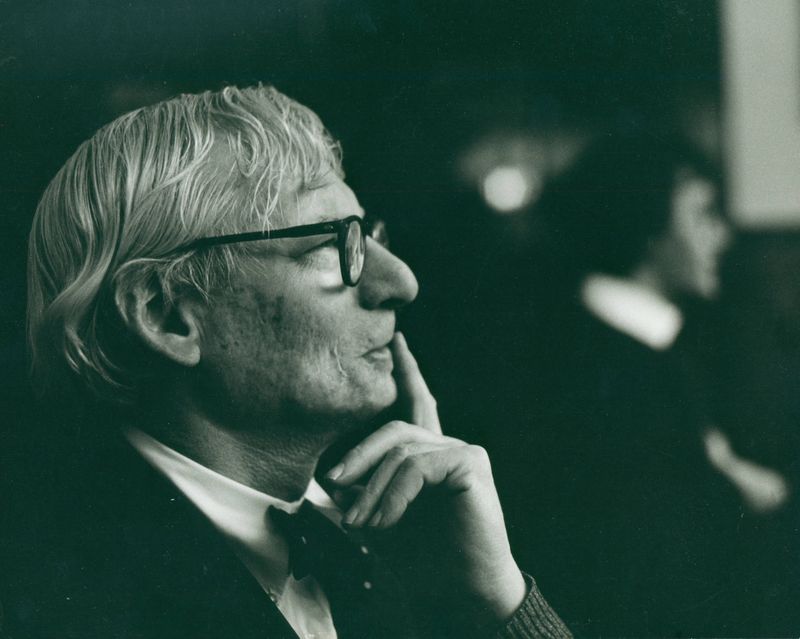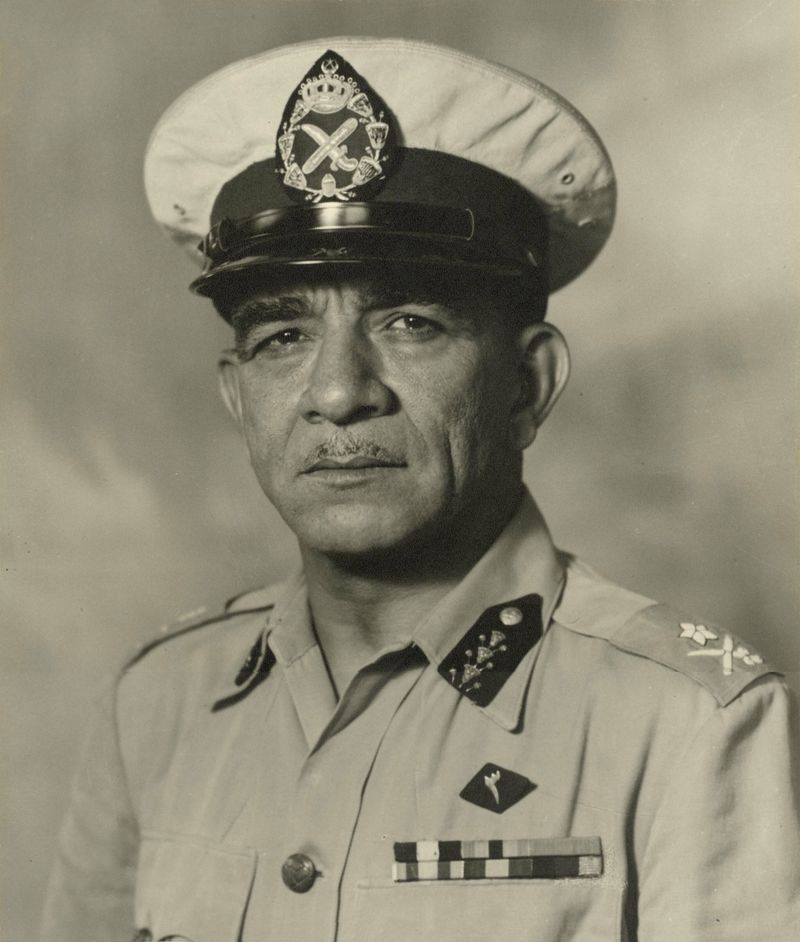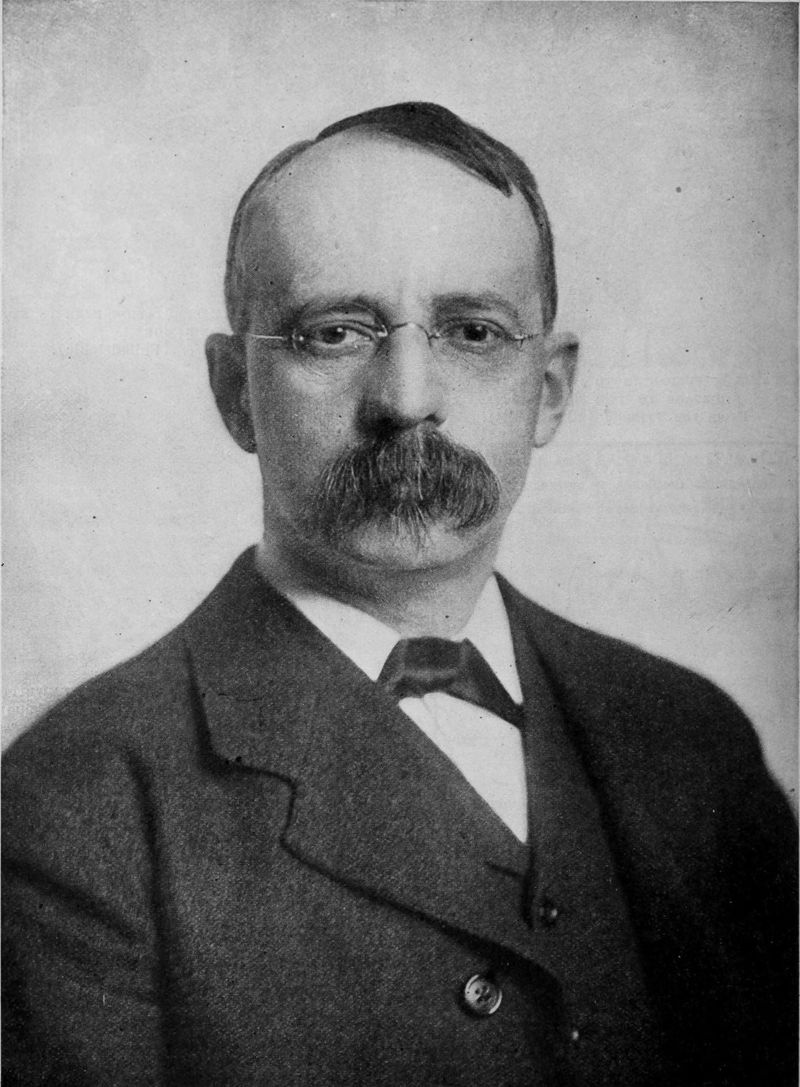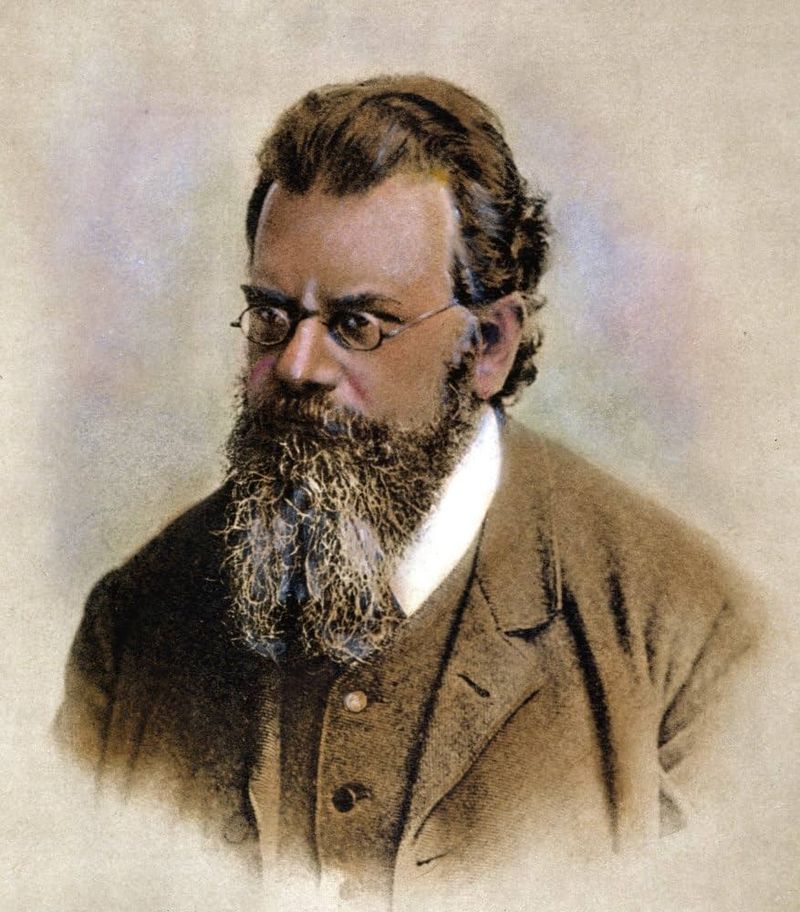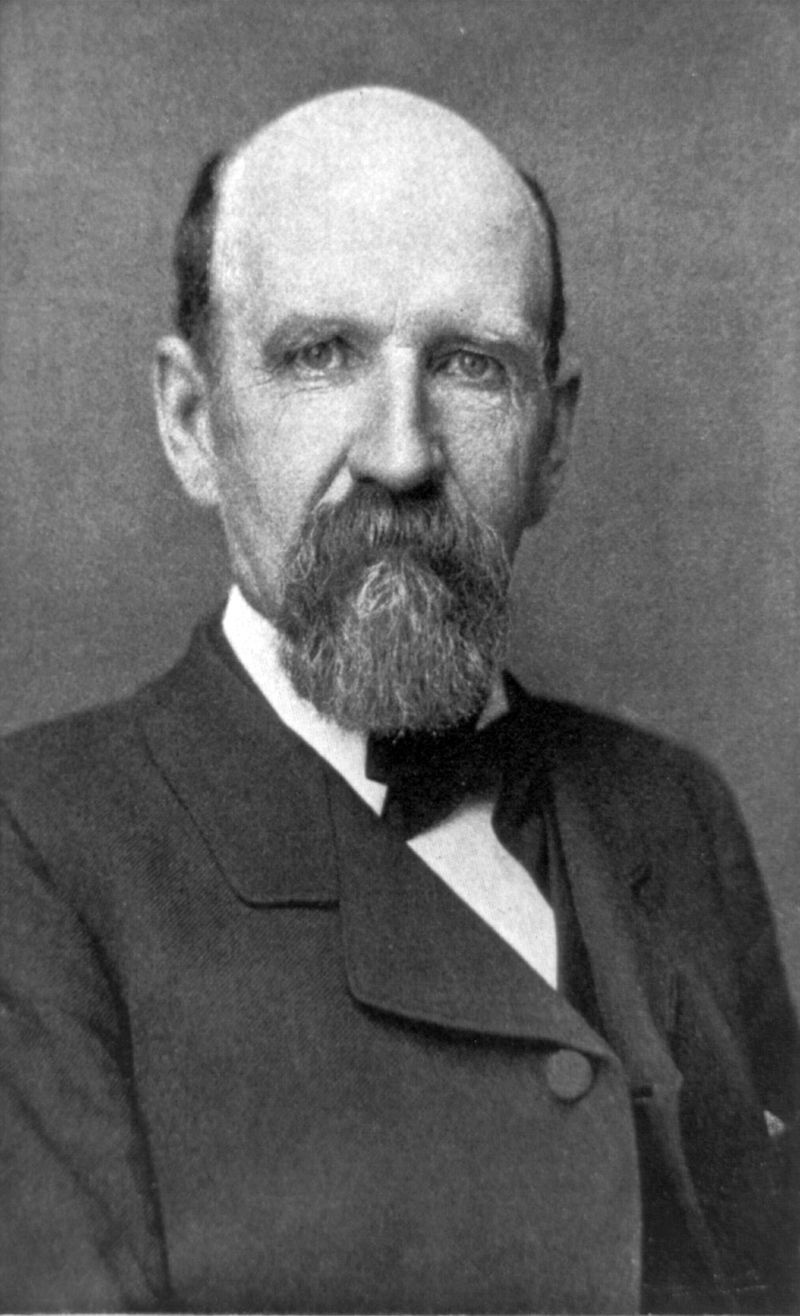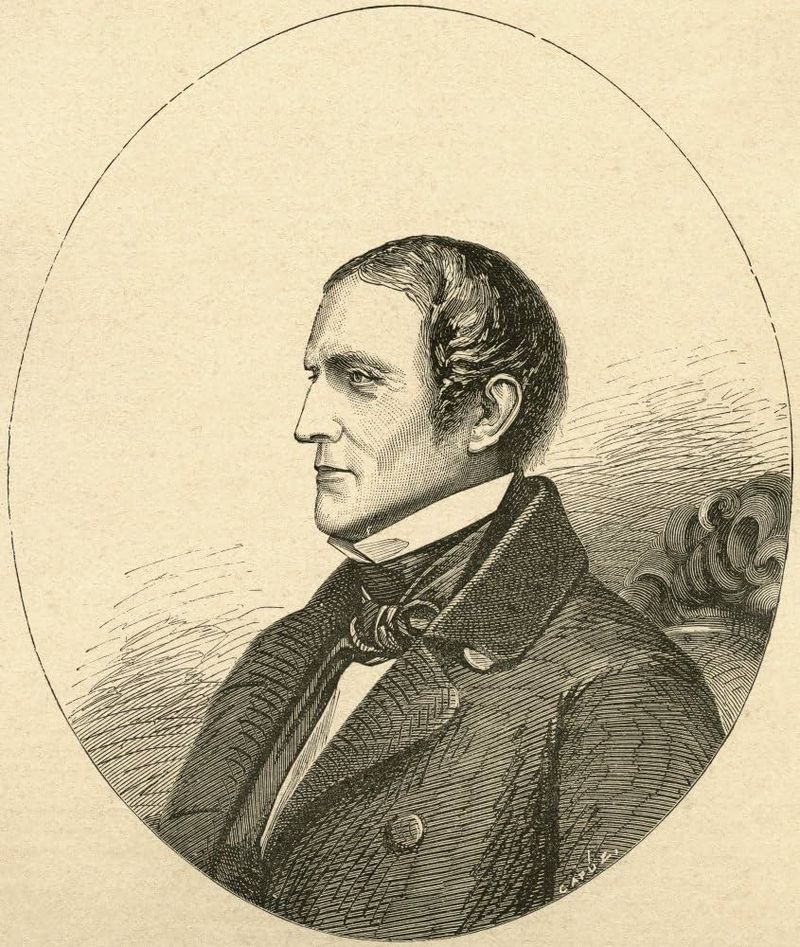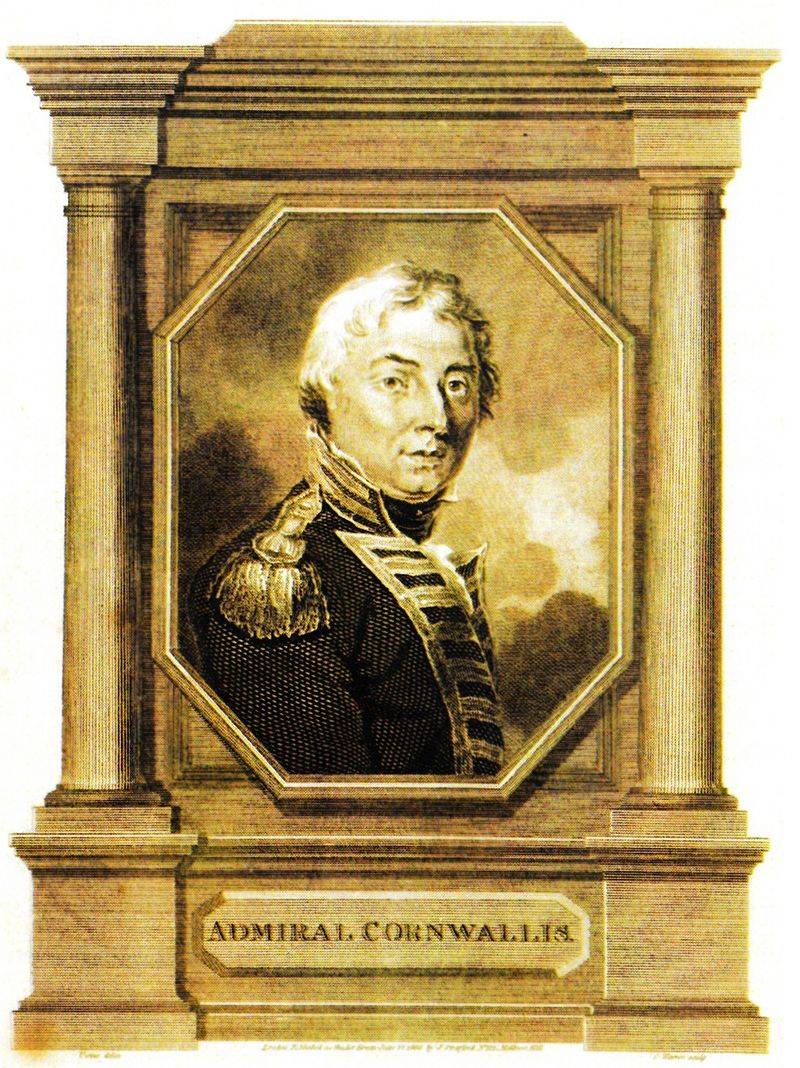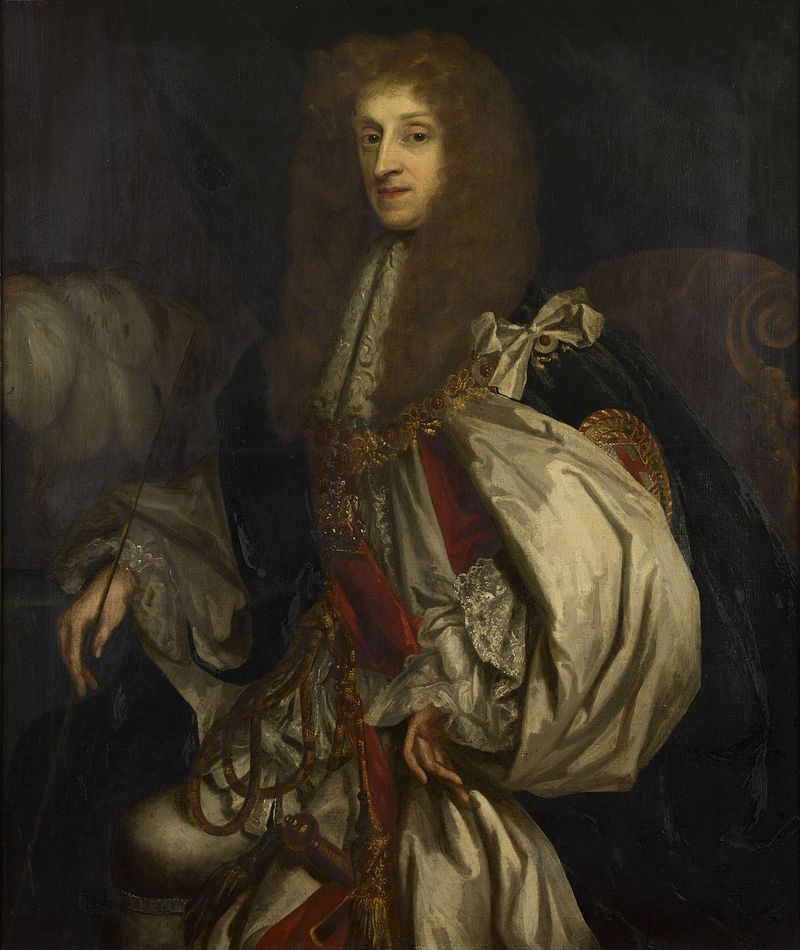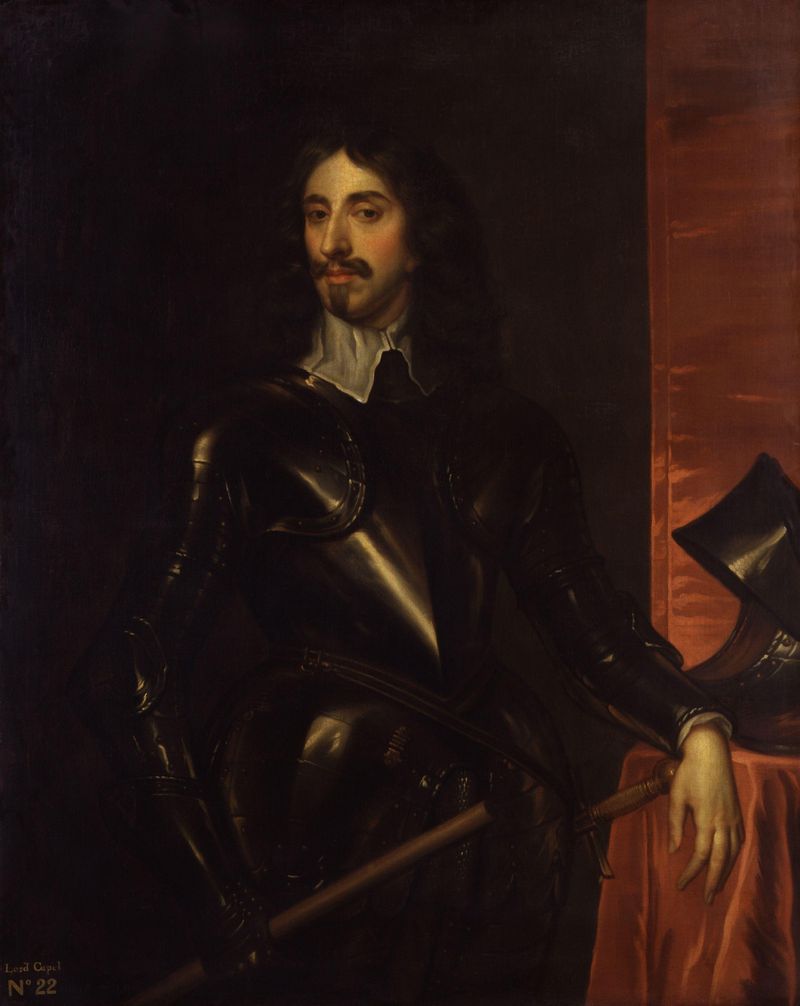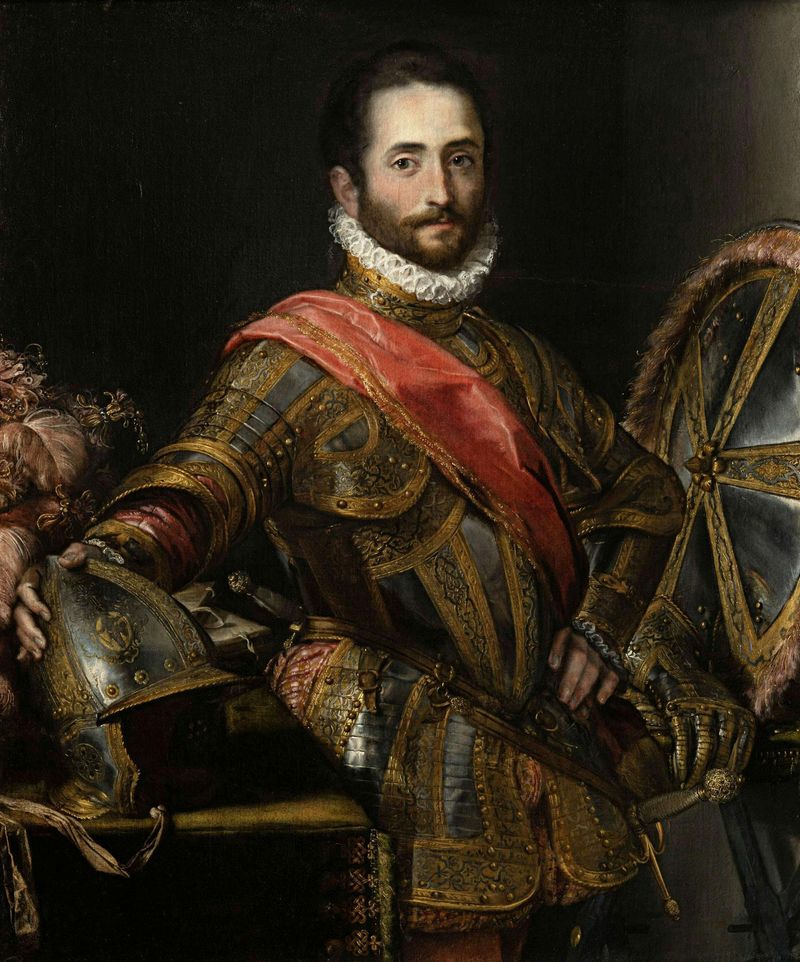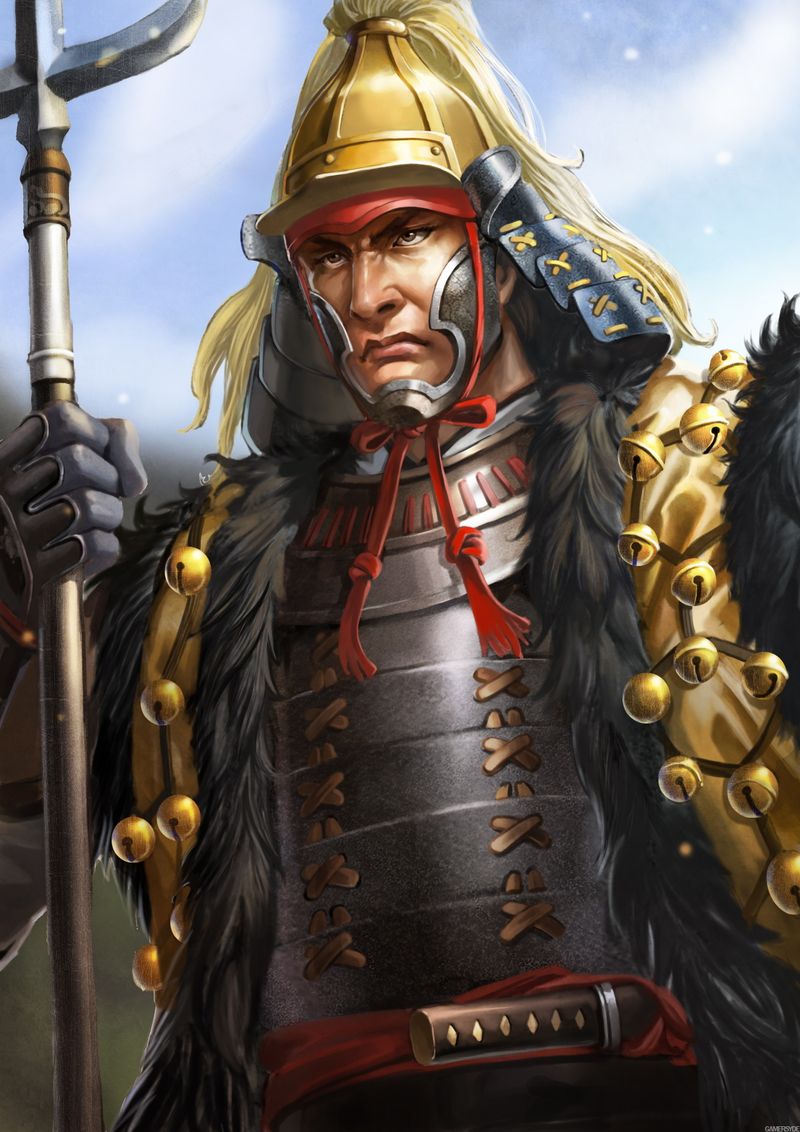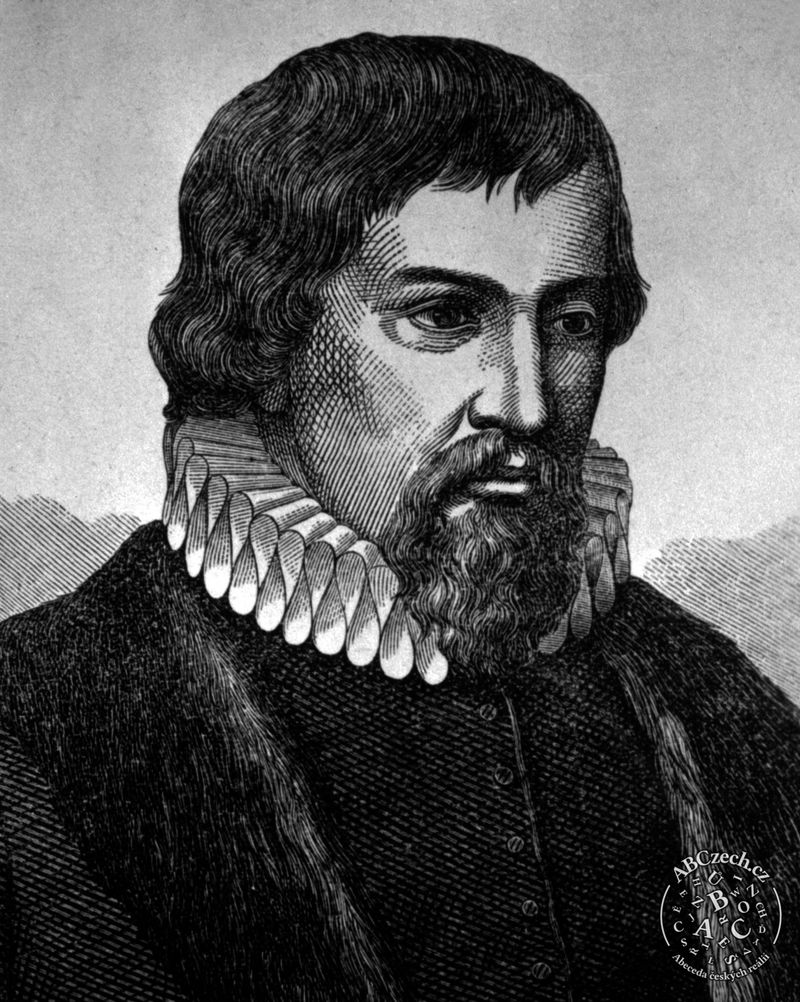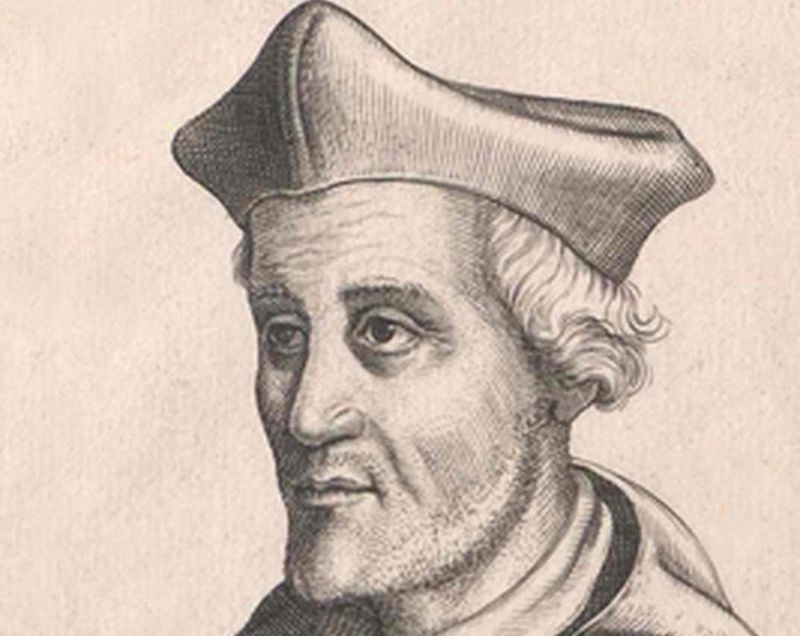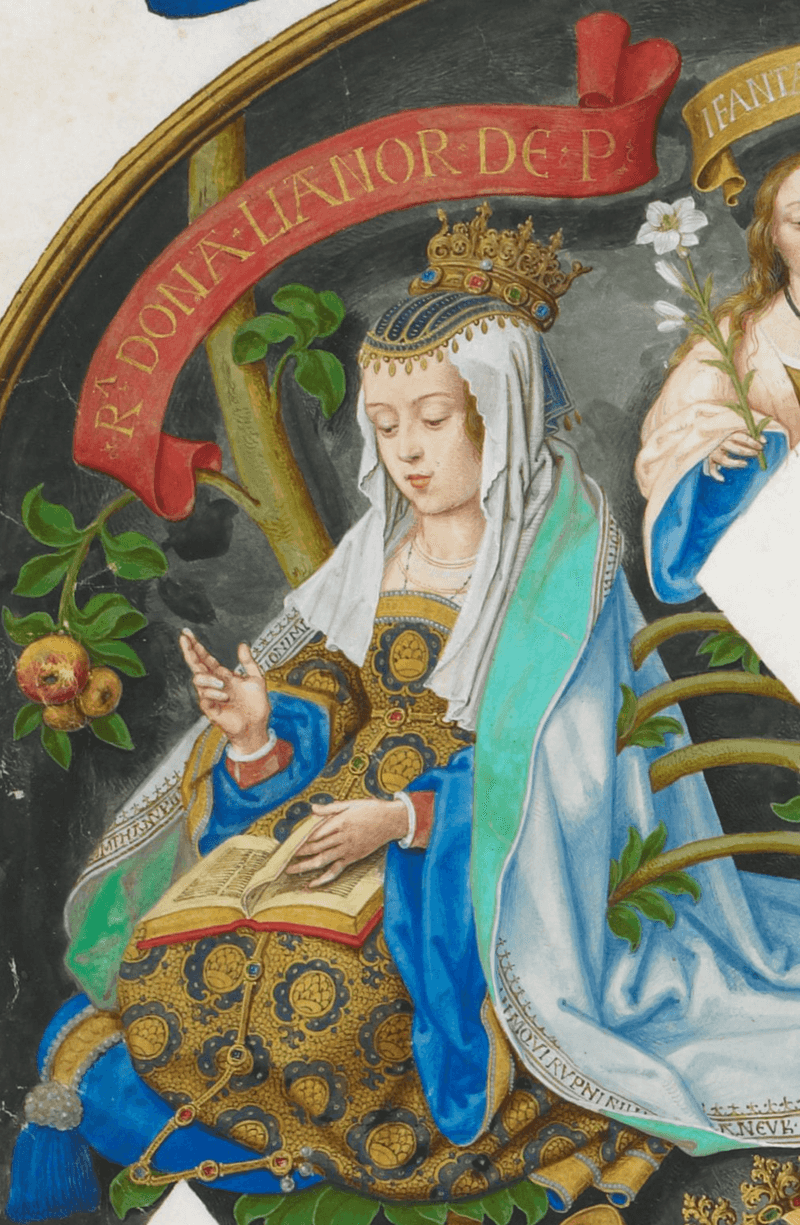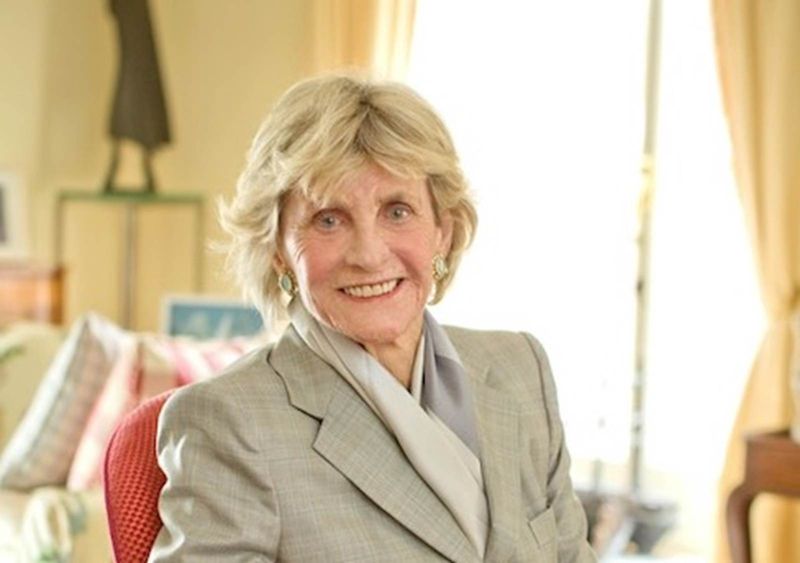Explore the lives and achievements of 34 remarkable individuals born on February 20th.
From music and film celebrities to historical figures, each has made a unique contribution to their field.
This comprehensive list provides insights into their lives, their work, and their enduring legacies.
Join us in celebrating these influential figures and their special day.
1. Olivia Rodrigo (2003)
Olivia Rodrigo, born in 2003, is a sensational young singer-songwriter and actress. Known for her authentic storytelling and emotional music, Olivia captured hearts worldwide with her debut single “drivers license.” Her artistic journey began as an actress, starring in Disney’s “High School Musical: The Musical: The Series.”
Rodrigo’s music is characterized by its poignant lyrics and youthful energy, resonating with a diverse audience. Her debut album, “SOUR,” received critical acclaim and numerous awards.
Embodying the voice of a generation, Olivia continues to inspire young artists and listeners alike, carving out a significant place in pop culture.
2. Rihanna (1988)
Rihanna, born in 1988, is a global superstar renowned for her influence in music, fashion, and business. Hailing from Barbados, she has become a cultural icon known for her versatility and innovation. Her music career boasts numerous hits, cementing her status as a pop and R&B powerhouse.
Beyond music, Rihanna has made her mark in fashion and beauty with her brands, Fenty Beauty and Savage X Fenty, emphasizing inclusivity and diversity.
Her philanthropic work further showcases her commitment to positive change, making Rihanna not just an entertainer, but a transformative figure in modern society.
3. Trevor Noah (1984)
Trevor Noah, born in 1984, is a celebrated comedian and television host, best known for hosting “The Daily Show.” His unique comedic style blends sharp wit with insightful social commentary, earning him a global fanbase.
Born in South Africa, Noah’s experiences growing up during apartheid have deeply influenced his storytelling, bringing a fresh perspective to American audiences. His memoir, “Born a Crime,” offers a humorous yet poignant look into his life.
Trevor’s ability to tackle serious topics with humor makes him a vital voice in comedy and current affairs, bridging cultural and social gaps.
4. Justin Verlander (1983)
Justin Verlander, born in 1983, is an accomplished Major League Baseball pitcher, celebrated for his powerful arm and competitive spirit. Over his illustrious career, Verlander has played for teams like the Detroit Tigers and Houston Astros, achieving numerous accolades including Cy Young Awards and a World Series title.
His dedication to the sport and ability to deliver under pressure have made him a standout figure in baseball.
Beyond the field, Verlander is known for his philanthropy, supporting veterans through his foundation. His legacy continues to inspire aspiring athletes worldwide.
5. Cindy Crawford (1966)
Cindy Crawford, born in 1966, is an iconic supermodel whose influence transcends the fashion industry. With her signature beauty mark, Crawford became the face of numerous high-profile brands, embodying the glamour and allure of the fashion world.
Beyond modeling, Cindy has explored acting and business, launching successful skincare products that reflect her commitment to healthy living.
Her lasting impact can be seen in her advocacy for positive body image and her role in shaping modern modeling standards. Cindy remains a timeless figure, inspiring both her peers and future generations in fashion.
6. Kurt Cobain (1967)
Kurt Cobain, born in 1967, was an influential musician and songwriter, best known as the frontman of Nirvana. His music defined a generation, with hits like “Smells Like Teen Spirit” becoming anthems of the grunge movement.
Cobain’s raw and emotional style connected deeply with fans, expressing the angst and alienation of the 1990s youth. Despite his short life, his impact on music and culture is immeasurable.
Kurt’s legacy endures through his enduring music and the influence he had on countless artists who followed, making him a timeless figure in rock history.
7. Charles Barkley (1963)
Charles Barkley, born in 1963, is a former professional basketball player turned sports analyst, known for his charismatic personality and outspoken commentary. During his NBA career, Barkley was a dominant power forward, earning numerous accolades and a place in the Hall of Fame.
Post-retirement, he transitioned to television, bringing his candid and humorous insights to sports broadcasting. His ability to engage audiences with his forthright opinions has made him a beloved figure in sports media.
Barkley’s influence extends beyond the court, inspiring athletes with his dedication and passion for the game.
8. Ian Brown (1963)
Ian Brown, born in 1963, is a renowned musician and lead vocalist of the influential rock band The Stone Roses. His distinctive voice and charismatic stage presence have made him a pivotal figure in the UK’s music scene.
The Stone Roses’ debut album played a significant role in shaping the Madchester movement, influencing countless artists. Brown’s solo career further showcased his versatility and creativity, earning him critical acclaim.
Ian continues to impact the music world with his innovative approach and enduring passion, solidifying his status as a musical icon.
9. Mitch McConnell (1942)
Mitch McConnell, born in 1942, is a prominent American politician and long-serving Senate Minority Leader. Known for his strategic acumen, McConnell has played a significant role in shaping U.S. legislative policies.
His career in politics spans decades, marked by his influence on major national issues and judicial appointments. McConnell’s leadership style is characterized by his ability to navigate complex political landscapes.
Despite differing public opinions, his impact on American governance and the judicial system is undeniable, cementing his place as a pivotal figure in modern politics.
10. Phil Esposito (1942)
Phil Esposito, born in 1942, is a legendary figure in ice hockey, celebrated for his scoring prowess and leadership on the ice. As a prolific center, Esposito played for teams like the Boston Bruins, leading them to multiple Stanley Cup victories.
His impact on the sport is reflected in his numerous records and accolades, including induction into the Hockey Hall of Fame.
Beyond his playing career, Esposito contributed to hockey as a coach and executive, helping to grow the game internationally. His legacy continues to resonate with fans and aspiring hockey players worldwide.
11. Mike Leigh (1943)
Mike Leigh, born in 1943, is an acclaimed British film director and screenwriter, known for his unique approach to storytelling. His films often explore the intricacies of everyday life, using improvisation to create authentic and relatable characters.
Leigh’s works, such as “Secrets & Lies” and “Vera Drake,” have received critical acclaim and numerous awards, reflecting his skillful direction and deep understanding of the human condition.
His influence extends beyond cinema, as he continues to inspire filmmakers with his innovative methods and dedication to artistic integrity.
12. Antonio Inoki (1943)
Antonio Inoki, born in 1943, was a renowned professional wrestler and politician, known for his charisma and contributions to wrestling in Japan. He founded New Japan Pro-Wrestling, shaping the sport into a cultural phenomenon.
Inoki’s career is marked by memorable matches and his iconic “Inoki Bom-Ba-Ye” events. Beyond wrestling, he served in the Japanese Diet, advocating for peace and diplomacy.
His legacy is celebrated through his influence on wrestling and his efforts to bridge cultural divides, making him an enduring figure in sports and politics.
13. Hubert de Givenchy (1927)
Hubert de Givenchy, born in 1927, was a legendary French fashion designer, known for his timeless elegance and innovation. As the founder of the House of Givenchy, he dressed iconic figures like Audrey Hepburn, setting new standards in haute couture.
Givenchy’s designs exuded sophistication, emphasizing clean lines and luxurious fabrics. His partnership with Hepburn remains one of fashion’s most celebrated collaborations.
Beyond fashion, Givenchy’s influence is felt in contemporary design, inspiring generations of designers with his classic yet forward-thinking approach. His legacy continues to shine in the fashion world.
14. Sidney Poitier (1927)
Sidney Poitier, born in 1927, was a groundbreaking actor and director, renowned for his trailblazing roles in cinema. As the first African-American to win an Academy Award for Best Actor, Poitier opened doors for future generations of actors.
His performances in films like “Lilies of the Field” and “Guess Who’s Coming to Dinner” challenged racial barriers and highlighted social issues.
Poitier’s influence extends beyond acting, as he inspired change through his work and advocacy, leaving an indelible mark on Hollywood and society. He remains a symbol of resilience and progress.
15. Robert Altman (1925)
Robert Altman, born in 1925, was an innovative filmmaker, known for his distinctive style and ensemble casts. His films, like “M*A*S*H” and “Nashville,” often portrayed complex social themes and used overlapping dialogue to create realism.
Altman’s work challenged traditional storytelling, earning him critical acclaim and a dedicated following. His influence on modern cinema is profound, inspiring directors with his daring approach and commitment to artistic freedom.
Altman’s legacy endures through his ground-breaking contributions to film, leaving a lasting impact on the art of storytelling.
16. Gloria Vanderbilt (1924)
Gloria Vanderbilt, born in 1924, was a multifaceted artist, fashion designer, and socialite. Known for her creativity and elegance, Vanderbilt made significant contributions to the fashion industry, particularly with her pioneering designer jeans.
Her artistic talents extended to painting and writing, showcasing her versatility and passion for the arts. Vanderbilt’s life was often in the public eye, adding to her mystique and allure.
Her legacy is marked by her artistic achievements and influence on fashion, inspiring creativity and self-expression in generations to come.
17. Ansel Adams (1902)
Ansel Adams, born in 1902, was a legendary American photographer, celebrated for his black-and-white landscape photographs. His iconic images of the American West, particularly Yosemite National Park, captured the beauty of nature with unparalleled clarity and depth.
Adams was a pioneer in promoting conservation and environmentalism through visual art, using his photography to advocate for the preservation of natural landscapes.
His innovative techniques and artistic vision continue to inspire photographers and environmentalists alike, making him a timeless figure in both art and ecological advocacy.
18. Louis Kahn (1901)
Louis Kahn, born in 1901, was an influential architect known for his monumental and innovative designs. His works, including the Salk Institute and the Kimbell Art Museum, are celebrated for their geometric clarity and thoughtful use of light.
Kahn’s architectural philosophy emphasized the importance of space and form, inspiring generations of architects. His approach to design was both visionary and practical, merging aesthetic beauty with functionality.
Kahn’s legacy endures through his iconic structures and contributions to modern architecture, shaping the built environment for future generations.
19. Muhammad Naguib (1901)
Muhammad Naguib, born in 1901, was a key figure in Egyptian history, serving as the first President of Egypt after the revolution of 1952. A military leader and statesman, Naguib played a significant role in ending monarchy and establishing a republic.
His leadership during the formative years of modern Egypt marked a pivotal shift in the nation’s governance and policies. Despite being sidelined politically, Naguib’s contributions to Egypt’s political transformation are remembered.
His legacy is honored for his dedication to national unity and his role in shaping Egypt’s modern history.
20. E. H. Harriman (1848)
E. H. Harriman, born in 1848, was a prominent American railroad executive, known for his transformative impact on the railway industry. His leadership in expanding and modernizing railroads helped shape America’s transportation infrastructure.
Harriman’s strategic vision and business acumen led to significant advancements in rail efficiency and safety, contributing to economic growth.
Beyond railroads, he was a philanthropist, supporting scientific exploration and conservation efforts. Harriman’s legacy in transportation and philanthropy continues to influence industry standards and environmental stewardship.
21. Ludwig Boltzmann (1844)
Ludwig Boltzmann, born in 1844, was a pioneering physicist, celebrated for his contributions to statistical mechanics and thermodynamics. His work laid the foundation for understanding atomic behavior and the nature of heat.
Boltzmann’s theories, including the Boltzmann constant, revolutionized scientific thought, influencing generations of physicists. Despite facing criticism during his time, his ideas were instrumental in the development of modern physics.
His legacy endures through his profound impact on science, inspiring curiosity and exploration in the field of physics.
22. Joshua Slocum (1844)
Joshua Slocum, born in 1844, was a pioneering mariner, renowned for being the first person to sail solo around the world. His journey aboard the Spray captivated imaginations and demonstrated remarkable seamanship and resilience.
Slocum’s adventures were chronicled in his book, “Sailing Alone Around the World,” inspiring countless sailors and adventurers. His innovative navigation techniques and daring spirit made him a celebrated figure in maritime history.
Joshua’s legacy continues to inspire modern explorers and sailors, embodying the spirit of adventure and determination.
23. William Prescott (1726)
William Prescott, born in 1726, was an American colonel during the Revolutionary War, known for his leadership at the Battle of Bunker Hill. His famous command, “Don’t fire until you see the whites of their eyes,” exemplified his strategic acumen and courage.
Prescott’s role in the early battles of the revolution demonstrated his dedication to American independence. His leadership and bravery inspired troops and contributed to the revolutionary cause.
William Prescott’s legacy is remembered for his contributions to American history and his commitment to the fight for freedom.
24. William Cornwallis (1744)
William Cornwallis, born in 1744, was a distinguished British naval officer, celebrated for his service during the American Revolutionary War and the Napoleonic Wars. His naval tactics and leadership earned him respect and recognition.
Cornwallis played a crucial role in protecting British interests and securing vital victories at sea. His strategic insights and dedication to duty were instrumental in shaping naval warfare.
His legacy in maritime history is marked by his contribution to naval strategy and his commitment to the Royal Navy, inspiring future generations of naval officers.
25. Thomas Osborne, 1st Duke of Leeds (1631)
Thomas Osborne, born in 1631, was an influential English statesman, known for his roles as Lord Treasurer and Lord President of the Council. His political acumen and leadership helped shape policies during the reign of Charles II.
Osborne’s career was marked by significant contributions to the stabilization of the monarchy and economic reforms. Despite facing political challenges, his efforts in governance were pivotal during a complex period in English history.
His legacy is remembered for his impact on English politics and his role in shaping the nation’s governance.
26. Arthur Capell, 1st Baron Capell of Hadham (1608)
Arthur Capell, born in 1608, was an English nobleman and politician, recognized for his loyalty to the Crown during the English Civil War. His steadfast support for King Charles I demonstrated his commitment to the royalist cause.
Capell’s leadership and bravery were evident in his efforts to defend royalist interests, leading to his eventual martyrdom. His dedication made him a symbol of loyalty and sacrifice in English history.
Arthur Capell’s legacy is honored for his unwavering dedication to his beliefs and his role in a tumultuous period of English history.
27. Francesco Maria II della Rovere (1549)
Francesco Maria II della Rovere, born in 1549, was the last Duke of Urbino, known for his patronage of the arts and contributions to Renaissance culture. His court became a center for artistic and intellectual pursuits, attracting scholars and artists.
Della Rovere’s reign was marked by cultural and architectural achievements, reflecting his dedication to the arts. His support for education and the humanities left a lasting impact on the cultural landscape of his time.
His legacy is celebrated for his role in fostering a thriving environment for creativity and learning during the Renaissance.
28. Sengoku Hidehisa (1552)
Sengoku Hidehisa, born in 1552, was a notable samurai and daimyo during Japan’s Sengoku period. Renowned for his military tactics and leadership, Hidehisa served under influential warlords, contributing to significant battles and campaigns.
His strategic prowess and courage earned him respect and recognition, helping to shape the course of Japanese history. Despite facing challenges, Hidehisa’s dedication to his lord and his martial skill were exemplary.
His legacy endures through his contributions to samurai culture and his influence on the turbulent Sengoku era.
29. Jan Blahoslav (1523)
Jan Blahoslav, born in 1523, was a Czech humanist and translator, known for his contributions to literature and religious reform. His work on translating the Bible into Czech was instrumental in promoting literacy and religious understanding.
Blahoslav’s efforts in education and literature played a significant role in the Czech Reformation, influencing cultural and religious thought. His dedication to learning and language helped lay the groundwork for future developments in Czech literature.
His legacy is celebrated for his impact on religious and cultural growth in Bohemia.
30. Thomas Cajetan (1469)
Thomas Cajetan, born in 1469, was an influential Italian cardinal and theologian, known for his scholarship and contributions to Catholic doctrine. His work during the Reformation included significant theological debates and writings.
Cajetan’s intellectual rigor and dedication to the Church made him a key figure in religious discourse, influencing Catholic thought and policy. His commentaries on Aquinas remain essential to theological studies.
His legacy is marked by his profound impact on theology, shaping religious thought during a pivotal time in Church history.
31. Eleanor of Aragon (1358)
Eleanor of Aragon, born in 1358, was a prominent queen consort of Castile, known for her diplomatic skills and influence in medieval politics. Her marriage to John I of Castile strengthened alliances and political ties.
Eleanor’s role in court politics and her support for chivalric orders and religious institutions highlighted her leadership and vision. Her influence extended beyond the throne, impacting cultural and political landscapes.
Her legacy is celebrated for her diplomatic contributions and her impact on medieval European politics.
32. Jean Kennedy Smith (1928)
Jean Kennedy Smith, born in 1928, was an influential American diplomat and philanthropist, known for her work in promoting arts and cultural exchange. As U.S. Ambassador to Ireland, she played a pivotal role in fostering peace and strengthening U.S.-Ireland relations.
Smith’s efforts in diplomacy and her commitment to the arts reflected her dedication to cultural understanding and cooperation. Her initiatives like the Very Special Arts organization showcased her passion for inclusivity and creativity.
Her legacy is honored for her contributions to diplomacy and her impact on cultural enrichment.
33. Jari Litmanen (1971)
Jari Litmanen, born in 1971, is a legendary Finnish footballer, celebrated for his skill and leadership on the field. Playing for top clubs like Ajax and FC Barcelona, Litmanen became known for his vision and goal-scoring ability.
His career spanned several decades, earning him numerous accolades and a place in football history. Litmanen’s influence extended beyond his playing days, inspiring young players with his dedication and sportsmanship.
His legacy in football is marked by his excellence and the impact he had on the sport in Finland and internationally.
34. Elle Purrier St. Pierre (1995)
Elle Purrier St. Pierre, born in 1995, is a rising American middle-distance runner, known for her speed and tenacity. Specializing in the 1500 meters, Elle has set national records and competed at the highest levels, including the Olympics.
Her journey from a farm in Vermont to the world stage is a testament to her hard work and determination. Elle’s success has made her a role model for aspiring athletes, inspiring them with her resilience and passion for the sport.
Her legacy continues to grow as she strives for excellence in athletics.
